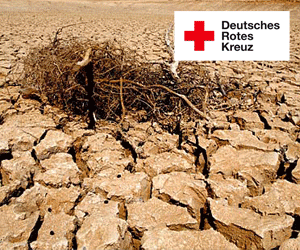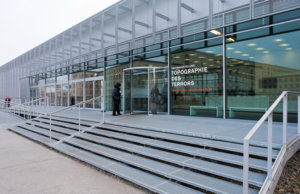Looking for a meatless delight in Berlin? You’re in luck. Veganism is on the rise in the German capital, and is showing no signs of slowing down.
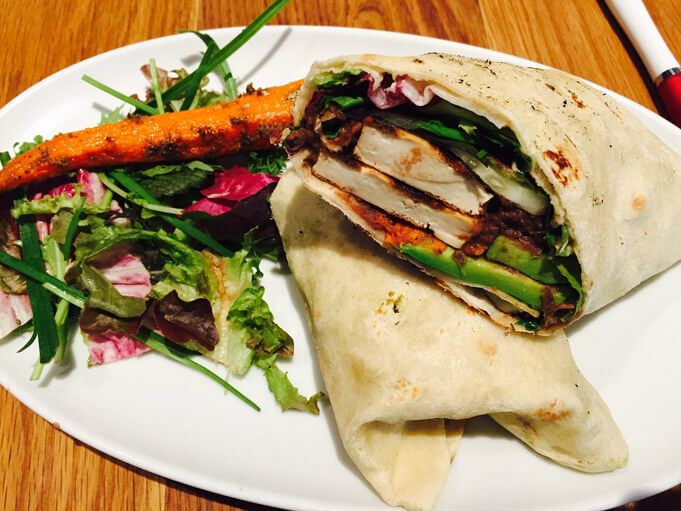
“Berlin is at the forefront of the vegan movement”
According to Vebu (the largest activist group of vegans and vegetarians living in Germany) vice-president Sebastian Joy:
“Germany and especially Berlin are at the forefront” of a vegan “movement” that’s advancing all over Europe.”
While there were just three completely animal-free restaurants in Berlin in 2008, there are more than 60 today. This is far greater than other European capitals such as Paris, with 24, and London with 40—both of which have populations more than twice that of Berlin.
And in total, there are about 80,000 vegans living in Berlin according to Vebu. That’s around 10 percent of the total nationwide figure.
What is it about Berlin that attracts so many vegans?
To begin, Joy says that Berlin is “younger, more hyped, and more alternative than Munich, Paris or London.”
So you’re already beginning with a segment of the population who are looking towards alternative ways of living. They are young, they are excited and they are ready to try new things.
What else?
Joy says it’s quite simple: “vegans attract vegans”.
A huge roadblock to those wishing to switch to a vegan diet is access. It’s not difficult to find fresh fruits, vegetables, grains, etc. in the local super market. But what about going out to dinner? What about picking up something quick at the local Kebab shop?
Making more creative, interesting and unique combinations that still suit the vegan lifestyle make the transition much smoother. A hotspot for the vegan movement in Berlin is found on Schivelbeiner Strasse in the Prenzlauer Berg neighborhood of Berlin. It’s a popular location for start-up companies and young families—aptly nicknamed “vegan avenue”.
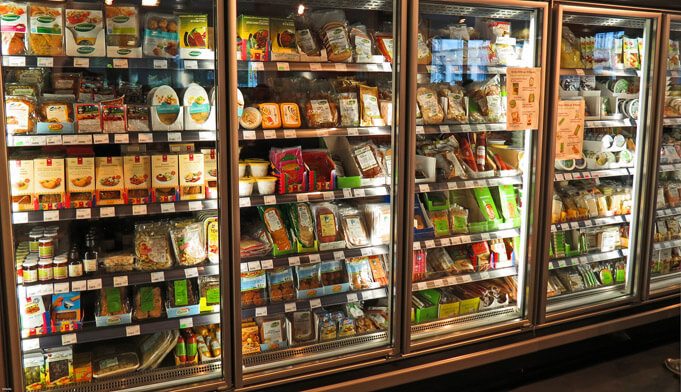
Here, there are supermarkets catering to vegan diets. There are even clothes and shoe shops catering to vegan-conscious clients, too.
This type of transformation—making vegan friendly foods more accessible—is the foundation of building a vegan movement. Not only will those who already practice the lifestyle be able to enjoy more diverse range of dishes, but those who may be thinking of switching may be pleasantly surprised that the strict tofu stigma once attached to vegans is no more.
Veganism also fits into the movement towards more local and fresh ingredients
Eating more locally grown and/or organic foods. Reducing meat in the human diet. Paying closer attention to how and who produced your food. These trends are continuously on the rise in Germany.
A new term, “flexitarian”, has popped up. This describes people who may practice veganism part-time as a way to eat more healthy or pay closer attention to the environmental sustainability of the foods we eat. This type of diet offers consumers a less restrictive version to veganism, but still spotlights the shift in diet.
This also opens the door for a larger market of consumers interested in eating vegan food—even just part time. Berlin now boasts its first fully vegan pizza joint.
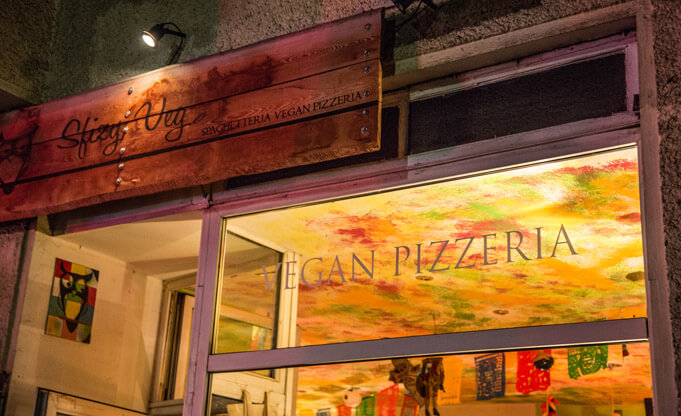
And even a vegan butcher shop.
Huh?
Yep, it’s true. Co-owners Eric Koschitza and John Theuerl offers customers a wide variety of fresh, local and meat-free well… meat… at L’Herbivore.
https://www.instagram.com/p/BH1rXRGj7pw/?taken-at=1031025595&hl=en
https://www.instagram.com/p/BHw58sGj627/?taken-at=1031025595&hl=en
And if neither of those sound appealing to you, check out one of the more than 400 vegan/vegetarian friendly restaurants featured on the website HappyCow.







